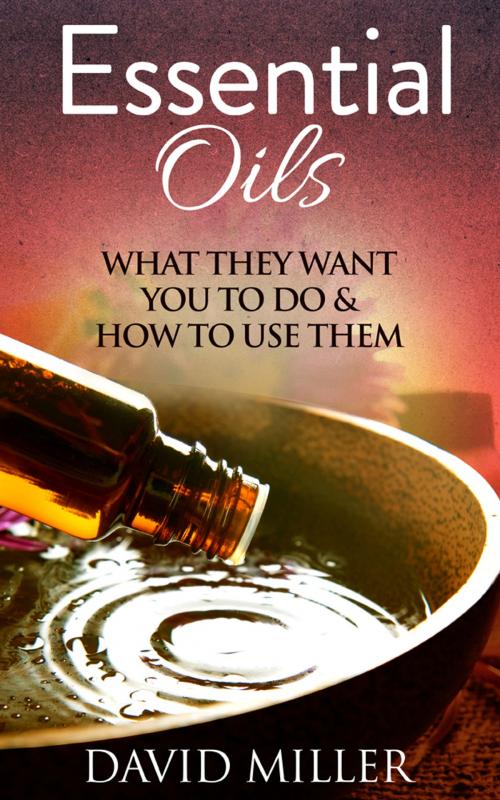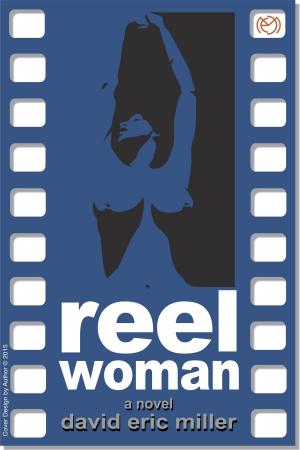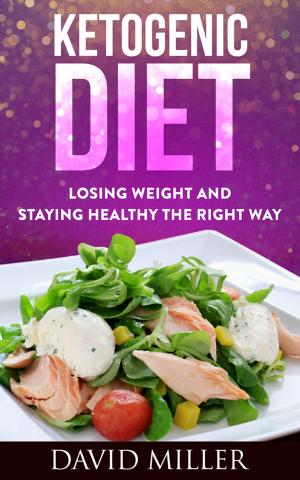Essential Oils- A Guide to what they do and How to Use Them
Nonfiction, Health & Well Being, Health, Alternative & Holistic Health, Aromatherapy| Author: | David Miller | ISBN: | 1230002106601 |
| Publisher: | David Miller | Publication: | January 20, 2018 |
| Imprint: | Language: | English |
| Author: | David Miller |
| ISBN: | 1230002106601 |
| Publisher: | David Miller |
| Publication: | January 20, 2018 |
| Imprint: | |
| Language: | English |
Recently, there has been increased interest in the possibilities of using essential oils. This interest has coincided with the belief that there have to be alternatives to the dominant medication approach, which has been used by healthcare professionals as the go-to solution for any ailments. Essential oils are also perceived to be part of a wider campaign of health promotion and preventative measures that keep people away from hospitals. So what is an essential oil? Perhaps, the easiest way to define it is to consider how the essential oils are made. First, we identify an aroma that is made of a range of complex and volatile compounds (Benjilali, Tantaoui-Elaraki, Ayadi, & Ihlal, 1984). These are then placed in a hydrophobic liquid, which acts as a carrier. The compounds that are used are, typically, derived from natural plants. Some literature refers to aetherolea, which is an extract from a given unit of flora. If you discover the term “ethereal oil”, do not get confused, because it is merely a technical way of saying essential oil. The list of plants from which essential oils can be extracted is virtually endless. For example, you can get it from a clove of garlic or stem of thyme. The term “essence” is not just about the utility of the final product, but also the production process. In this case, you are capturing the essence or core element of a plant and then carrying it to the human body, using an intermediary element. The fragrance is very important, and the expectation is that it will broadly reflect what the plant smells like in its natural environment.
[Spa scene with natural cosmetics]
Image 1: Spa scene with natural cosmetics
It is important to note that essential oils are not really indispensable. Therefore, it would be rather silly to compare them to something like an amino acid or even a fatty acid. The body cannot do without these, yet the essential oils are dispensable. Many people in the world have gone through life without ever using them. An organism has no important nutritional requirements that demand the inclusion of essential oils. Indeed, that is why some people see them as an indulgence for those who are looking for an alternative lifestyle. The most effective way of extracting essential oils is through a process, known as distillation. The element that is the preferred choice for separating the various plant constituents is steam. The first stage is known as expression in which the plant or fruit begins to give off whiffs of the oils. These are linked to a carrier through solvent extraction. The high end point is the technically demanding absolute oil extraction. In the penultimate stage, there is a process of resin tapping, which also requires separate technical competencies. Finally, cold pressing allows us to get the essential oils in the forms in which they are readily available on the market today. There are a range of uses to which these extracts can be put, the most obvious being fragrances. They also help in developing high end soaps, as well as a plethora of cosmetics. In dietary terms, essential oils have been used when flavoring drinks and other types of food. There are some households that use essential oils for purposes of cleaning, as well as scenting areas in order to control bad odors.
Recently, there has been increased interest in the possibilities of using essential oils. This interest has coincided with the belief that there have to be alternatives to the dominant medication approach, which has been used by healthcare professionals as the go-to solution for any ailments. Essential oils are also perceived to be part of a wider campaign of health promotion and preventative measures that keep people away from hospitals. So what is an essential oil? Perhaps, the easiest way to define it is to consider how the essential oils are made. First, we identify an aroma that is made of a range of complex and volatile compounds (Benjilali, Tantaoui-Elaraki, Ayadi, & Ihlal, 1984). These are then placed in a hydrophobic liquid, which acts as a carrier. The compounds that are used are, typically, derived from natural plants. Some literature refers to aetherolea, which is an extract from a given unit of flora. If you discover the term “ethereal oil”, do not get confused, because it is merely a technical way of saying essential oil. The list of plants from which essential oils can be extracted is virtually endless. For example, you can get it from a clove of garlic or stem of thyme. The term “essence” is not just about the utility of the final product, but also the production process. In this case, you are capturing the essence or core element of a plant and then carrying it to the human body, using an intermediary element. The fragrance is very important, and the expectation is that it will broadly reflect what the plant smells like in its natural environment.
[Spa scene with natural cosmetics]
Image 1: Spa scene with natural cosmetics
It is important to note that essential oils are not really indispensable. Therefore, it would be rather silly to compare them to something like an amino acid or even a fatty acid. The body cannot do without these, yet the essential oils are dispensable. Many people in the world have gone through life without ever using them. An organism has no important nutritional requirements that demand the inclusion of essential oils. Indeed, that is why some people see them as an indulgence for those who are looking for an alternative lifestyle. The most effective way of extracting essential oils is through a process, known as distillation. The element that is the preferred choice for separating the various plant constituents is steam. The first stage is known as expression in which the plant or fruit begins to give off whiffs of the oils. These are linked to a carrier through solvent extraction. The high end point is the technically demanding absolute oil extraction. In the penultimate stage, there is a process of resin tapping, which also requires separate technical competencies. Finally, cold pressing allows us to get the essential oils in the forms in which they are readily available on the market today. There are a range of uses to which these extracts can be put, the most obvious being fragrances. They also help in developing high end soaps, as well as a plethora of cosmetics. In dietary terms, essential oils have been used when flavoring drinks and other types of food. There are some households that use essential oils for purposes of cleaning, as well as scenting areas in order to control bad odors.















